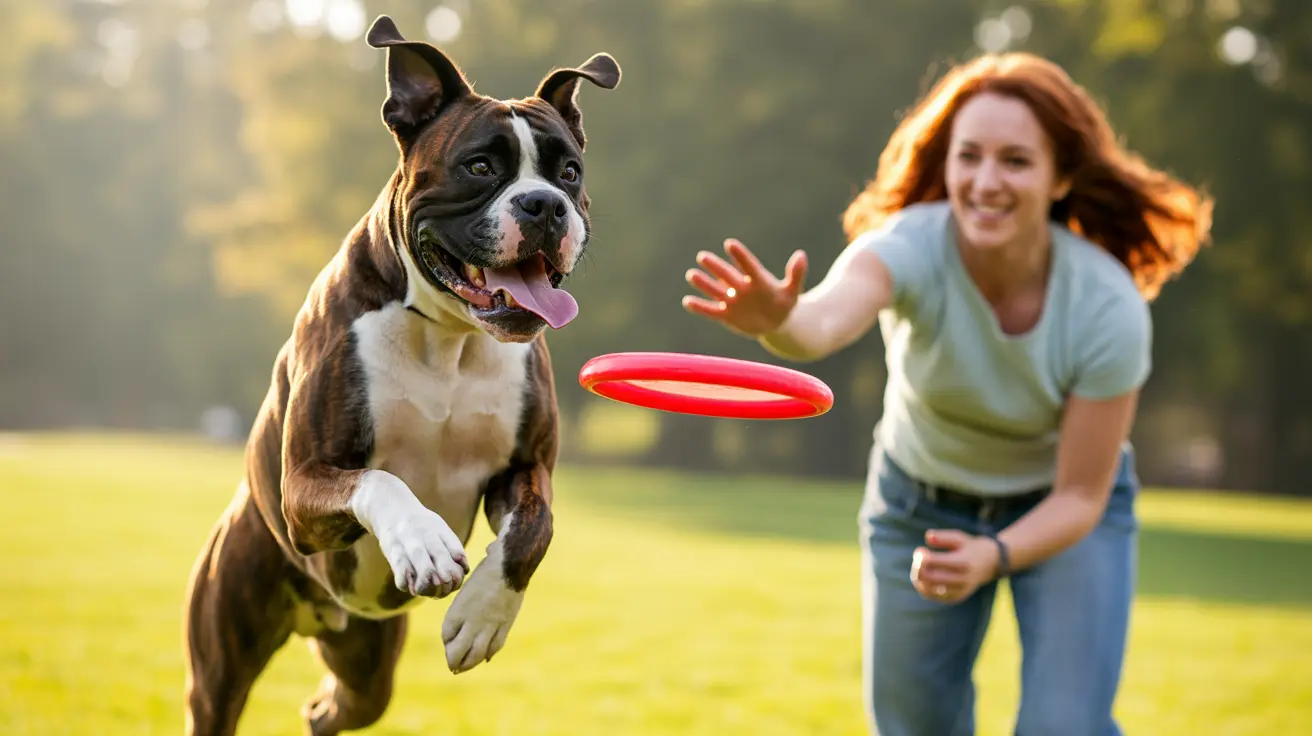Introduction
The extraordinary bond between dogs and humans represents one of nature's most remarkable partnerships, evolving over thousands of years into a deeply meaningful connection. This relationship transcends simple pet ownership, encompassing emotional, physical, and social dimensions that benefit both species in profound ways.
From ancient hunting partnerships to modern emotional support companions, the dog-human relationship continues to evolve and strengthen. Understanding the science and psychology behind this unique bond helps us appreciate why dogs truly deserve their title as "man's best friend."
The Historical Evolution of Dog-Human Relationships
The story of dogs and humans begins approximately 15,000 years ago when our ancestors first began domesticating wolves. This represents the earliest known instance of animal domestication, predating agriculture and the taming of other species.
Archaeological evidence reveals that early humans and dogs developed a mutually beneficial relationship: dogs assisted with hunting and protection, while humans provided food and shelter. This partnership gradually evolved into the deep emotional bonds we experience today.
The Science Behind the Bond
Modern research has revealed fascinating insights into the biological foundations of the dog-human relationship. When dogs and their owners gaze at each other, both experience increased levels of oxytocin, the same hormone responsible for mother-infant bonding.
Dogs have developed an remarkable ability to read human emotions, understanding not only our facial expressions but also our tone of voice and body language. This emotional intelligence enables them to form deep, meaningful connections with their human companions.
Health Benefits for Humans
The positive impact of dog ownership on human health is well-documented. Dog owners generally experience lower blood pressure, reduced stress levels, and decreased risk of heart disease. The American Heart Association reports that dog owners have up to a 33% lower risk of cardiovascular-related death.
Regular dog walking contributes to increased physical activity, helping owners maintain healthy weight levels and improved cardiovascular fitness. Additionally, the presence of dogs has been shown to reduce anxiety and depression symptoms in their human companions.
Social and Emotional Impact
Dogs serve as powerful social catalysts, helping their owners form new connections and strengthen existing relationships. They can facilitate conversations between strangers and create opportunities for social interaction, particularly beneficial for people who might otherwise struggle with social situations.
The emotional support provided by dogs is particularly valuable during times of stress or isolation. Their unconditional love and constant companionship offer comfort and stability, contributing to improved mental well-being.
The Canine Perspective
The benefits of this special relationship flow both ways. Dogs experience reduced stress levels when bonding with their human companions, and they form genuine emotional attachments that can be as meaningful to them as they are to us.
Studies show that dogs actively seek human attention and companionship, demonstrating behaviors similar to those seen in parent-child relationships. This includes seeking comfort when stressed and showing genuine joy during reunions.
Frequently Asked Questions
How did the human-dog relationship originally develop and how long has it existed?
The human-dog relationship began approximately 15,000 years ago with the domestication of wolves. Early partnerships were based on mutual benefits: dogs helped with hunting and protection, while humans provided food and shelter. This relationship gradually evolved into the deep emotional bonds we see today.
In what ways do dogs emotionally connect and communicate with their human owners?
Dogs communicate through body language, facial expressions, and vocalizations. They can read human emotions, understand facial expressions, and respond to voice tones. They also release oxytocin when interacting with their owners, creating a biological bond similar to that between parents and children.
What are the physical, mental, and social health benefits of owning a dog?
Dog ownership is associated with lower blood pressure, reduced stress levels, increased physical activity, and decreased risk of heart disease. Mental health benefits include reduced anxiety and depression, while social benefits include increased opportunities for interaction and stronger community connections.
How do dogs experience attachment and stress in relation to their human companions?
Dogs form genuine emotional attachments to their human companions, experiencing reduced stress levels in their presence and showing signs of separation anxiety when apart. They seek comfort from their owners during stressful situations and demonstrate clear preferences for familiar humans.
How does the dog-human bond compare to human-human relationships like those with friends or family?
The dog-human bond often features higher satisfaction levels and fewer conflicts than many human relationships. While different from human-human relationships, the emotional connection can be as meaningful as those with close family members, offering unique benefits such as unconditional love and constant companionship.
Conclusion
The relationship between dogs and humans represents a unique and powerful bond that continues to evolve and benefit both species. Understanding these dog and human relationship facts helps us appreciate the depth and significance of this extraordinary connection, encouraging us to nurture and celebrate these special partnerships.






